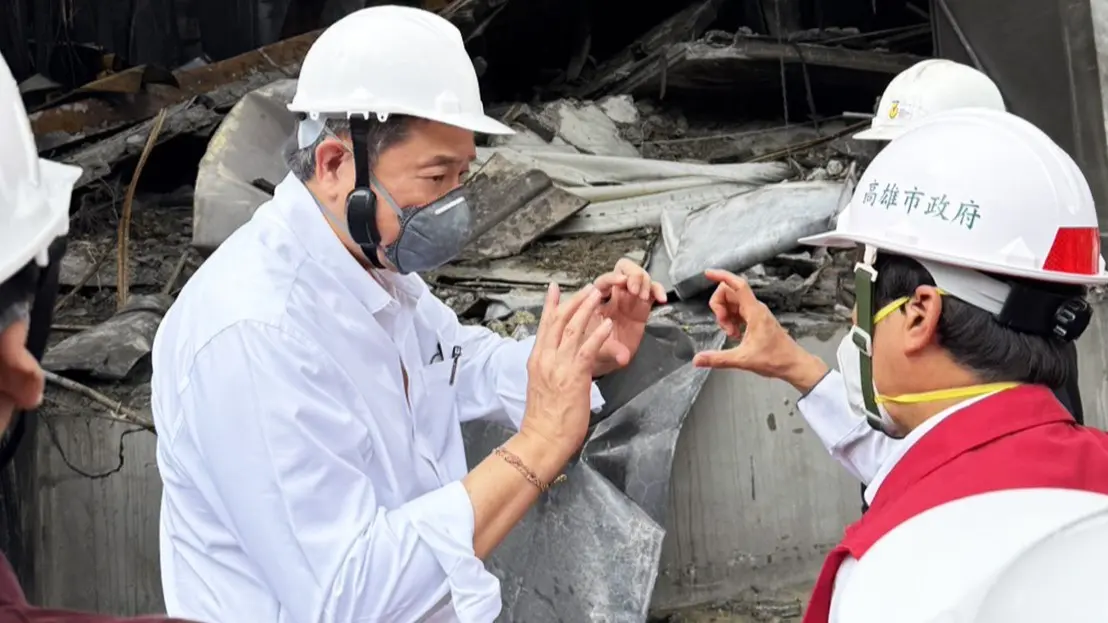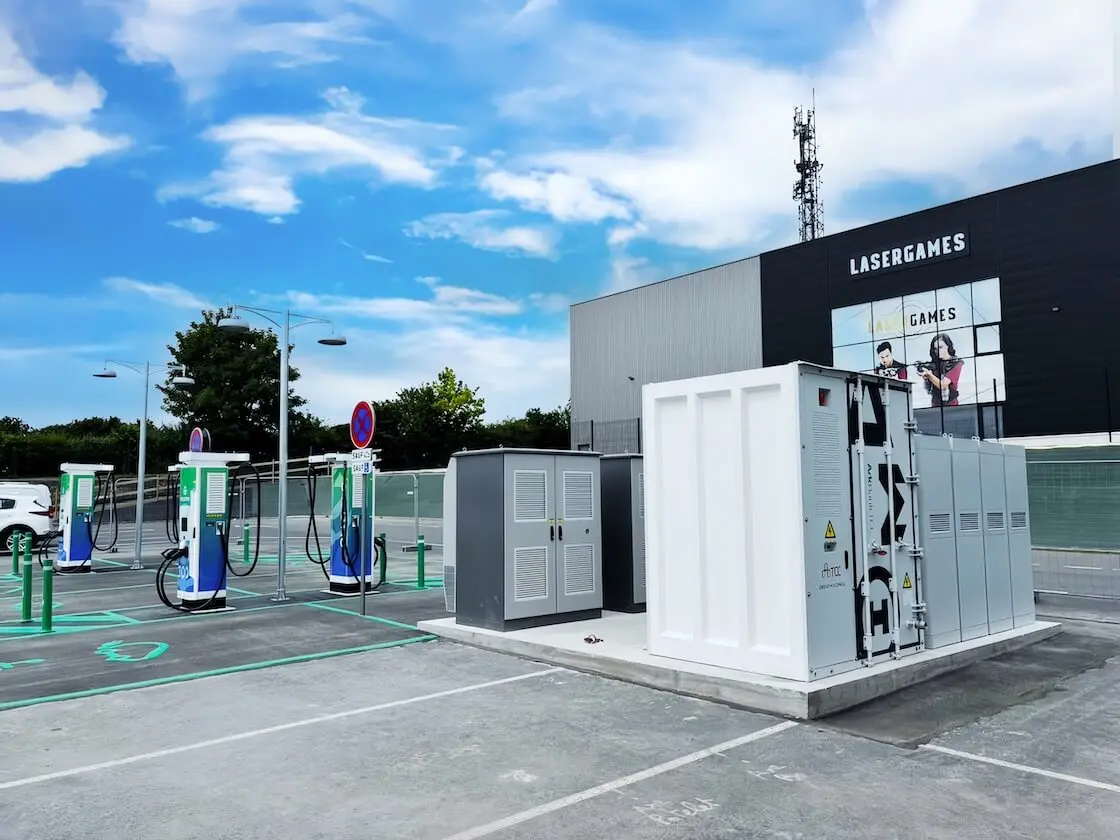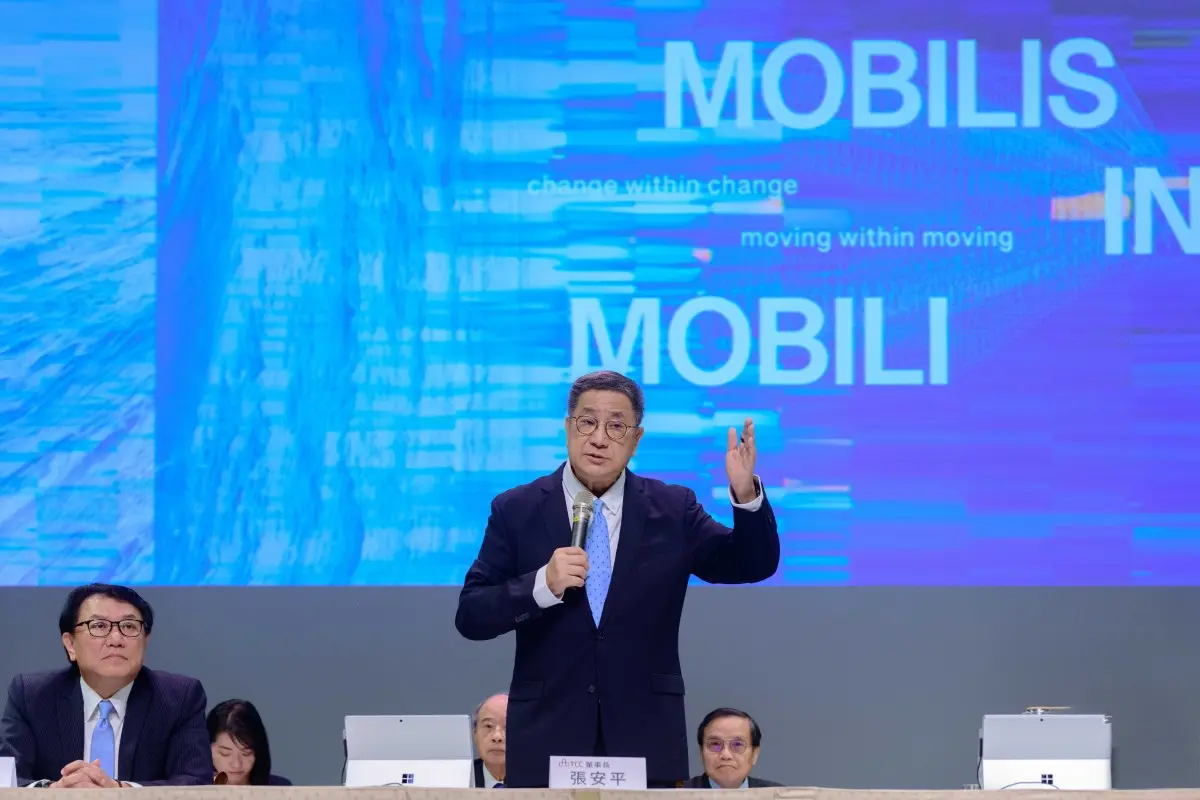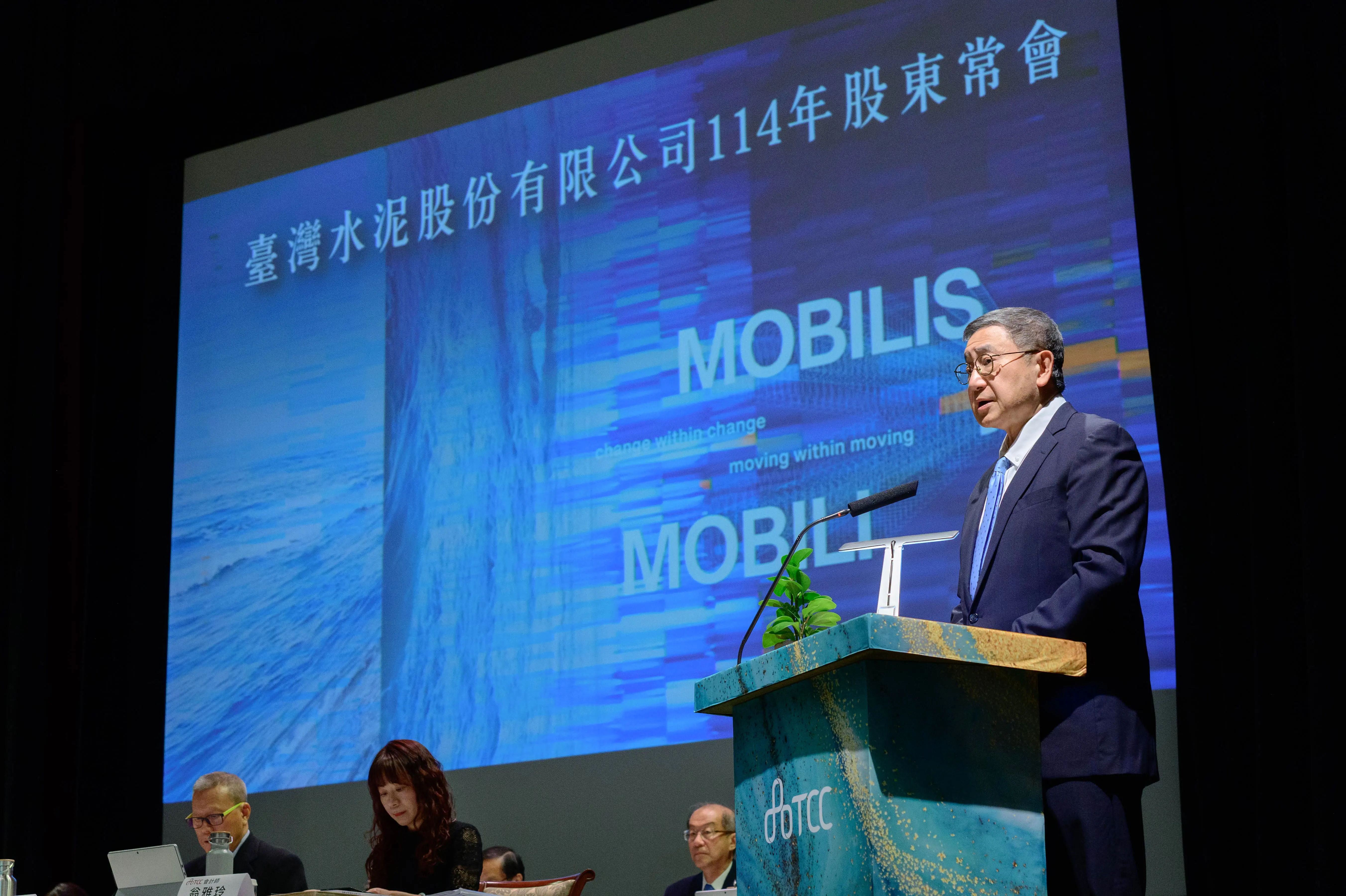TCC Chairman Nelson Chang urgently returns to Taiwan to take command, orders a thorough investigation into the cause of the fire and strict accountability
TCC Chairman Nelson Chang urgently returns to Taiwan to take command, orders a thorough investigation into the cause of the fire and strict accountability
2025.07.15
-
Copied

A fire recently broke out at the Molie Quantum Energy Xiaogang plant. Upon receiving the news, TCC Group Chairman Nelson Chang immediately cut short his overseas business trip, urgently returned to Taiwan, and went directly to the site to personally oversee and coordinate the response. He not only joined representatives from the Kaohsiung City Government to inspect the damage, but also promptly received reports from the plant’s management. He extended his deepest gratitude to Mayor Chen of Kaohsiung, the city government team, and especially the firefighters for their dedicated efforts and hard work. Chairman Chang also ordered a thorough investigation into the cause of the fire and strict accountability, while making every effort to ensure uninterrupted operations and stable order fulfillment for clients across the global high-tech supply chain. Chairman Chang earnestly emphasized that as a key foundation of the world-leading battery cell brand Molicel, Molie Quantum Energy’s highly skilled and experienced talent is the company’s most valuable asset. Over 70% of them are local employees from Kaohsiung. With their exceptional expertise, they are the key to Molicel’s ability to reliably serve critical global clients in cutting-edge fields such as electric aviation, space technology, and AI. We sincerely hope the public will give this group of local talent an opportunity to continue contributing to the advancement of Taiwan’s high-tech industry.
Chairman Nelson Chang has ordered a thorough investigation and accountability review: Did the sensors and multi-stage fire suppression system fail? Chairman Chang pointed out that although Molie Quantum Energy is equipped with a highly automated and densely monitored system — including more than 332,800 temperature sensors and 17,400 smoke detectors in the formation area where the fire broke out, along with a multi-stage disaster response system — it is clear that the system did not perform as expected in this incident. He further elaborated on the plant’s fire suppression mechanisms and highlighted the issues identified in the preliminary assessment:
• Phase 1: Anomaly Detection and Isolation
Once the system’s real-time monitoring detects smoke, it immediately notifies the overhead crane (automated material handling equipment) to remove the abnormal tray from the production line. During transport, CO₂ gas is sprayed to provide initial suppression, and the tray is then delivered to a designated fire safety containment zone.
• Phase 2: Gas Suppression
Once the abnormal tray reaches the fire safety containment zone, the system checks again for signs of smoke and immediately releases a concentrated foam fire suppressant to cover and isolate the combustible material. Preliminary information suggests that there may have been a delay or failure in the sensor signals, which prevented this phase from being effectively activated.
• Phase 3: Foam Suppressio
If temperature or smoke levels continue to rise, the foam suppression system is designed to activate automatically. However, in this incident, the initial flames quickly spread to backup power and generator equipment, resulting in the failure of certain automatic and backup systems, which in turn affected the operation of this phase.
• Phase 4: Water Sprinkling for Cooling
If the temperature cannot be effectively reduced or if the fire causes pipeline damage and melting, the sprinkler heads are triggered, initiating the water sprinkling phase for comprehensive cooling and fire suppression. However, due to the failure of backup systems, this final phase was also affected.
Chairman Nelson Chang emphasized that the company has established a dedicated investigation task force. The top priority now is to cool down the site and return to the facility to retrieve computer and surveillance equipment, in order to thoroughly review all data. This includes tracing the operational records and design settings of all related systems, with the goal of identifying the discrepancies between the system responses and the actual conditions during the incident. He stated firmly “Whether this incident was caused by management issues, human error, or defects in the equipment itself, we will conduct a thorough investigation and take decisive action—up to and including legal measures—against the root cause. Internally, we will enforce the strictest accountability. If the investigation reveals any managerial negligence or personnel responsibility, actions will be taken in accordance with company regulations, with no tolerance for leniency. Externally, we will also hold vendors accountable. The process equipment used at Molie Quantum Energy Xiaogang plant was provided by a world-renowned manufacturer, which is expected to have extensive experience in battery production systems. We will closely investigate whether their equipment had any functional failures or design flaws, and will immediately pursue legal action to demand appropriate compensation and corrective measures.”
A vital part of the global supply chain, fully supporting advanced applications in space technology, electric aviation, and AI.
Given that Molicel, the battery brand under TCC Group Holdings, is the only internationally recognized Tier 1 battery brand from Taiwan, it plays a crucial role in the global battery supply chain. This is especially significant as its batteries are used in electric drones that have passed manned flight tests and received FAA/EASA certifications, as well as in next-generation aircraft such as eVTOL (electric vertical take-off and landing vehicles) and CTOL (conventional take-off and landing electric aircraft), and even in space technology vehicles for control battery applications. In addition, Molicel batteries are used in BBU (Battery Backup Units) and Sidecar products, and have been certified by major U.S. CSPs (Cloud Service Providers), with broad deployment across power supply systems in the AI industry supply chain. The primary production source of these batteries is the Molie Quantum Energy Xiaogang plant, where the fire occurred. There is currently strong international demand for Molicel’s high-end batteries, and the potential impact of this incident on the global high-tech supply chain should not be underestimated. Chairman Chang has instructed the sales department to urgently communicate with clients “We will do everything in our power to minimize the impact on order deliveries to our customers.”
Nelson Chang emphasized that E One Moli Corporation, the parent company of Molie Quantum Energy, has immediately initiated a capacity assessment and production reallocation, aiming to maximize output in order to support affected orders. At the same time, the unaffected secondary production line at Molie Quantum Energy Xiaogang plant will, in full compliance with all government investigations and improvement directives, provide as much support as possible to sustain overall production.
Facility Restoration and Resumption of Operations: Rigorous inspections, full cooperation with the government, and ensuring structural safety and long-term stability.
Regarding the damaged Molie Quantum Energy Xiaogang plant, Chairman Nelson Chang stated “We have already initiated equipment inventory and cleaning procedures. Given that we operate in a cleanroom-standard production environment, our top priority is to ensure thorough decontamination of all equipment and areas to prevent any risk of contamination that could affect future product quality. At the same time, we will fully cooperate with government authorities in conducting structural safety inspections to ensure the integrity of the facility.”
Chairman Chang stated “On the premise of ensuring safety, we will strictly follow government requirements to resume operations in phases and in an orderly manner. We will also take this as an opportunity to thoroughly review and strengthen the plant’s fire drills and emergency preparedness to prevent similar incidents from happening again.”
Deep Reflection, Rebuilding Community Trust
Upon arriving at the facility this morning and receiving reports from senior management, Chairmen Chang was furious to learn that the plant had neglected communication with the local community, focusing solely on R&D and production. He immediately reprimanded the team and ordered senior executives from the operations headquarters, together with senior leaders from E One Moli Corporation, to form a dedicated task force to rebuild the community affairs unit, restore transparent communication with local residents, and actively address community concerns. Chairman Chang emphasized that the company fully understands the public’s concern for safety and is committed to addressing this incident with the utmost rigor and transparency, drawing the deepest lessons from it.
More Related Information
-
 2025.06.26TCC Group Holdings Secures €500 Million Green Loan with €5M+ Annual Interest Savings; Global Green Finance Backs Low-Carbon Transition
2025.06.26TCC Group Holdings Secures €500 Million Green Loan with €5M+ Annual Interest Savings; Global Green Finance Backs Low-Carbon Transition -
 2025.05.28Chang An-Ping: “Without cement to lay the foundation, industries like semiconductors can’t thrive!” TCC drives dual transformation through AI and green energy, “turning uncertainty
2025.05.28Chang An-Ping: “Without cement to lay the foundation, industries like semiconductors can’t thrive!” TCC drives dual transformation through AI and green energy, “turning uncertainty -
 2025.05.28Chairman's Remarks for 2025 Shareholders Meeting
2025.05.28Chairman's Remarks for 2025 Shareholders Meeting


